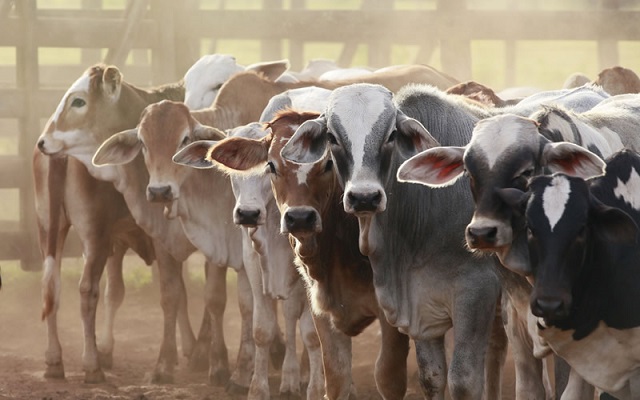
The Sunday News

Mhlupheki Dube
THIS past week and perhaps the preceding one unfolded with horror stories for most smallholder livestock farmers. It was a week of conflicting emotions for most farmers, happy because effective rains have begun falling in some areas but sad because this is the period that tends to mark the nightmare zone for smallholder livestock farmers as one animal after another is reported to have fallen and can’t rise on its own anymore.
We call that a recumbent animal. The animal has to be lifted up and it will then stagger on its own if it is still in a slightly better condition, if not, this marks the demise of the animal and farmers are forced to slaughter it. I wonder if this even qualifies to be called a slaughter, when the animal is going there on its own with or without your assistance!
In some cases the animal falls down somewhere in the veld and the owner will find a rotten carcass after days of frantic search. These are the kind of horror stories that I have been inundated with from the beginning to the end of this week. I have been getting desperate calls from farmers across Matabeleland region, from such districts as Mangwe, Bulilima, Lupane, Bubi, Nkayi, Gwanda and others. The script is the same, actors the same, only different theatre halls!
My animal is down, what can I give it to energise it so that it can rise and stand on its own? I have lost my cow and sadly it was in calf. I can’t find my cow and I suspect that it is recumbent somewhere in the veld but it has a young calf, how do I take care of this calf while I look for the dam? This is how desperate the situation is out there for most smallholder livestock farmers.
Sadly this phase occurs almost every year or once after every two years and yet we are always never ready for it, why?
This tells me that the level of disaster risk preparedness and responsiveness of our smallholder farmers needs a lot of improvement. What is also disappointing is that these are not only your ordinary communal farmers but it also includes some professionals from different fields including agriculture! I am talking here of both practising and retired professionals from different spheres who ordinarily one would expect them to be able to assess the situation and take mitigatory action before the situation gets desperate but they are also found wailing and defeated like ugogo wami uMaNdiweni eTshongogwe!
Fortunately the answer to the problem of animals dying or becoming recumbent due to starvation is not so much in the biochemistry but in the responsiveness of the farmer. What are you doing to make sure your animals are not tracking 15km to the dry river bed for drinking water? Do you find watering them from the borehole laborious? The veld is cleaned out and there is no blade of grass and the trees are leafless yet somehow your animal must survive miraculously without your assistance!
In all my years as a livestock practitioner I am yet to see miracle pastures, so go out and source supplementary feed for your animals! Whatever it takes, do it, except stealing. Buy hay bales from those that have plenty, buy commercial feeds, buy mineral licks and salt blocks, water your animals by whatever means. That’s the solution to helping and saving your animals from starving until they fall down and die. It’s not rocket science, its called animal husbandry. You simply have to get your hands dirty if you want to save your animals. This thing of rushing with one bag of commercial feed when the animal is already lying prostate on the ground is almost useless.
Firstly, your animal has never been fed on commercial stock feed before so it will resist it and die with a bowl full right in front of it. Secondly that is so knee jack in reaction and it might be already too late. You have been watching the animal deteriorating slowly and not taking action, claiming you have no money to buy feed but somehow when it’s down, suddenly the money is found! My submission to all this, like before, is to urge farmers to plan and take mitigatory action well in advance to avoid the stress of the eleventh hour intervention.
Uyabonga umntakaMaKhumalo.
Feedback [email protected]/ cell 0772851275.



